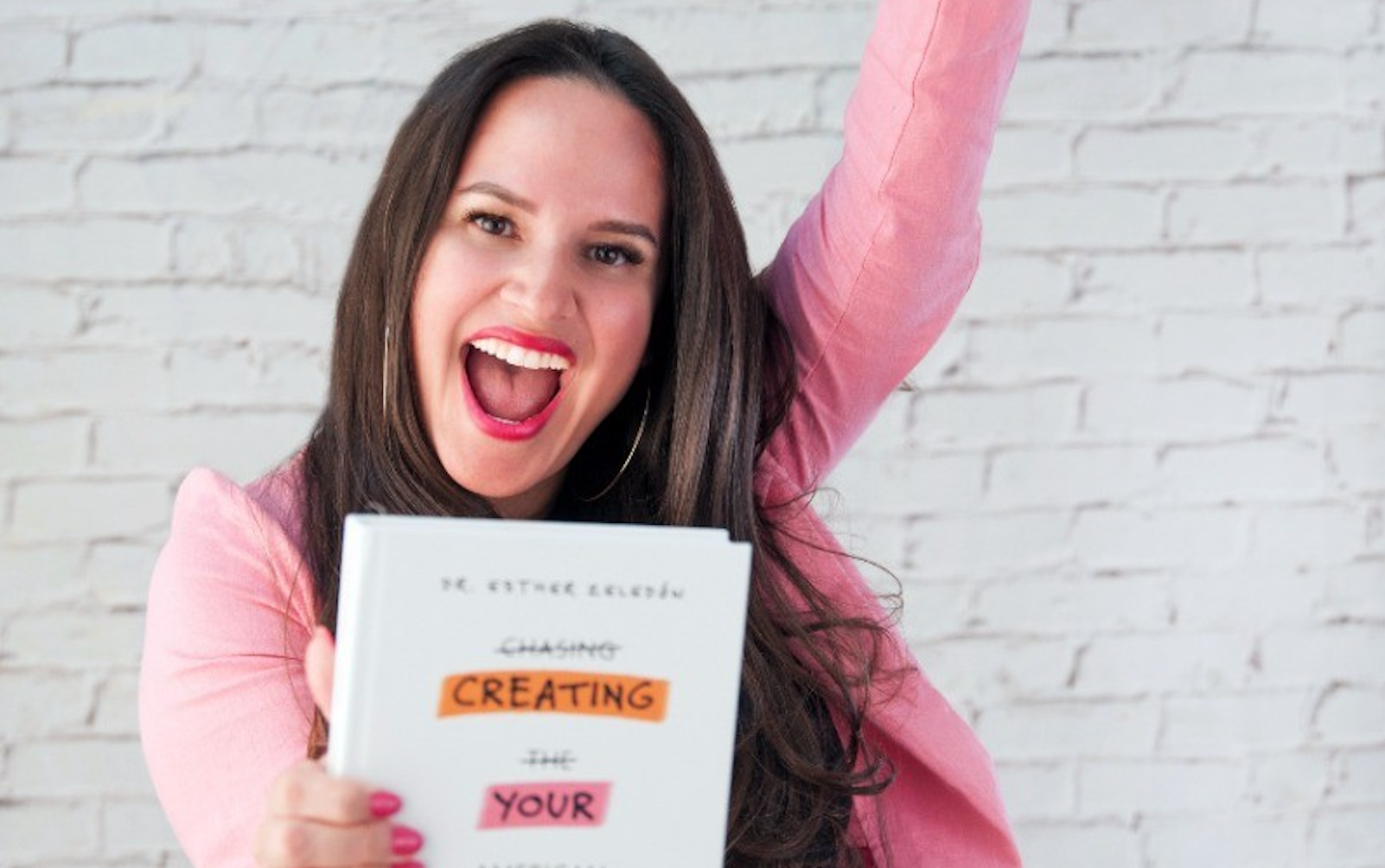
If any of the words in the title of this piece made you uncomfortable, you aren’t alone. Although it is 2017, we still live in a world where the idea of women’s bodily autonomy, sexuality, and freedom rubs people the wrong way, not to mention the term “feminism”. This is something author and professor Geeta Patel spends her days working against, trying to open up dialog that will create a more healthy balance in the way we discuss such seemingly “taboo” issues.
Yet the knowledge that women make up half the planet, and that they are human beings who have sex and want equal rights, should not be such a difficult idea to stomach. We still have a long way to go undoing the deep-rooted work of patriarchal norms, and in many ways, religious conservative standards which not only dominate in certain societies, but also, in a much more dangerous way, government and policies.
As an associate professor at the University of Virginia, Geeta teaches Middle Eastern, South Asian Languages and Cultures and Women, Gender and Sexuality. In 2002 she published a book titled ‘Lyrical Movements, Historical Hauntings: Gender, Colonialism and Desire in Miraji’s Urdu Poetry’ which looked at how nationalism, gender, sexuality and grief in 20th-century Urdu poetic movements intertwine.

Her latest book is ‘Risky Bodies & Techno-Intimacy: reflections on sexuality, media, science finance’, published by Women Unlimited. Geeta was recently part of a feminist panel event hosted by India Culture Lab, called ‘What’s Sex Got To Do With It’ and was joined by other groundbreaking feminist authors and activists such as journalist and author Mona Eltahawy, who wrote ‘Headscarves and Hymens: Why the Middle East needs a sexual revolution’. The other women present were filmmaker Paromita Vohra who created the Agents of Ishq website to be a platform for people to talk about sex and pleasure openly, and Bishakha Datta, founder of non-profit Point of View as well as the Sexuality and Disability blog.
We highly recommend watching the full livestream video below, courtesy of the India Culture Lab Facebook Page, but also some excerpts of an interview with Geeta conducted by FirstPost.com. She first talks about how her new book ventures into “risky” territory around subjects that are not often discussed openly in India, including sexuality and the LGBTQ community.
“A chapter on aravani kinara (the transgender community) is set in Mumbai, where I grew up and the other is on the film ‘Fire’ when it was banned. People came to the streets to protest the ban. The film was stopped from being shown… People in Mumbai asked for the film to be shown and generally asked for a different kind of life where they would not be stopped from doing what they like,” she said.

Since 1996 when the film was released, there have been some major barriers being broken in terms of Indian culture accepting a variety of sexual expressions (it is one of only a handful of countries around the world which officially recognizes a third gender, “hijra” as per a Supreme Court ruling in 2014), and the public acceptance of members of the transgender community, as seen in this new Vicks India commercial is even more progressive than what we are seeing in the US, with the Trump administration rolling back the rights of transgender students across the country.
In fact, the social conservatism of India seems to exist in quite a contrast to its own traditional literature, myths, and art, as Geeta points out.
“South Asia is full of sexual poetry. Look at the Tamra Sangam. Bengali prose has a whole different set of sexual poetry. If you look at each language, the lexicon for sexuality might be different for every language, because different languages have different characters,” she said, as her expertise lies in poetry across Sanskrit, Urdu and Hindi.
She even believes going back to India’s past is the way forward, so to speak.
“Women wrote sexual poetry through the ages. We have an idea that now we have more freedom to say things because it makes us feel better than everybody else. I say that we can certainly go back to the past and find a possibility for a future that we want. I don’t think it is easy for women to talk about sexuality, it is definitely hard, but it has always been hard and women do take a stand,” she said.

However, similar to what we see in the West, and especially here in the US right now, regressive and controlling ideas about sexuality and women’s bodies are often become emboldened as a political tactic, which then filters into everyday culture. For instance the epidemic of period-shaming in India, where a woman menstruating is seen as a taboo and as a result become forbidden from entering certain public spaces.
“Tradition is constituted at the moment when it becomes useful as a political device…What I have an issue with is that gendered bodies are curtailed and power is organized through gendered bodies. People actually use gender as a way of establishing power,” she said.
Pointing to colonialism, Geeta believes it was the British influence that perpetuated a lot of the regressive ideas about women and gender roles in India.
“The control of women’s bodies and sending back women to the domestic (space) was something that comes out of a British practice. It is a British critique of Indian communities. The British critique was that we treat our women really badly; South Asians treat their women really badly. They don’t know how to govern themselves, they don’t know how to govern their women,” she said.

Feminism is growing in India and there are numerous organizations, activists and celebrities who speak often about the need for gender equality. Yet there is still some push back from those who either don’t believe men and women should be equal, or people who are confused about the term and what the movement stands for. Geeta told First Post her definition includes sexual freedom and autonomy for women, and that they shouldn’t shy away from the label.
“That is because women don’t want to claim the best part of feminism. Feminism is not about shutting things down. Feminism is about claiming your pleasure. I’m the kind of person who wants to claim pleasure and desire and not only protest as a feminist,” she said.
The topics she discussed most certainly intersect with one another: sexuality, gender equality, politics and freedom. When women have the power to decide what to do with their lives and bodies, it leads to healthy choices like marrying later when they are ready, protecting themselves from unintended pregnancies and STDs, being able to have access to an education, and an financial independence with job skills. We need more discussions about the importance of this, especially in countries like India where conservative culture is still dominant.
You can watch the ‘What’s Sex Got To Do With It’ panel with Mona Eltahawy, Paromita Vohra and Bishakha Datta below:
















